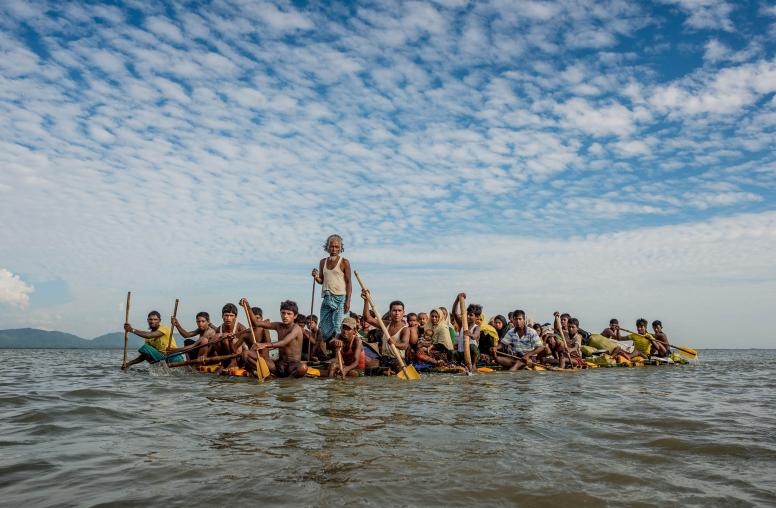Media in Transition: Reporting on Peace and Conflict in Burma
The U.S. Institute of Peace (USIP) hosted a March 7 roundtable discussion on “Media in Transition: Reporting on Peace and Conflict in Burma.”

The U.S. Institute of Peace (USIP) hosted a March 7 roundtable discussion on “Media in Transition: Reporting on Peace and Conflict in Burma.” Sponsored with the National Endowment for Democracy (NED) and NED’s Center for International Media Assistance, the meeting included discussion of media reforms in Burma and the media’s role in resolving conflicts, not sparking them and building peace.
Speakers included Stephen Gray, an international consultant working on peace and conflict assessment in Burma, or Myanmar, as it is also known; Kyaw Zan Tha, editor of Voice of America’s Burmese Service; and Thiha Saw, editor-in-chief of “Open News Journal” and vice president of the Myanmar Journalists Association.



